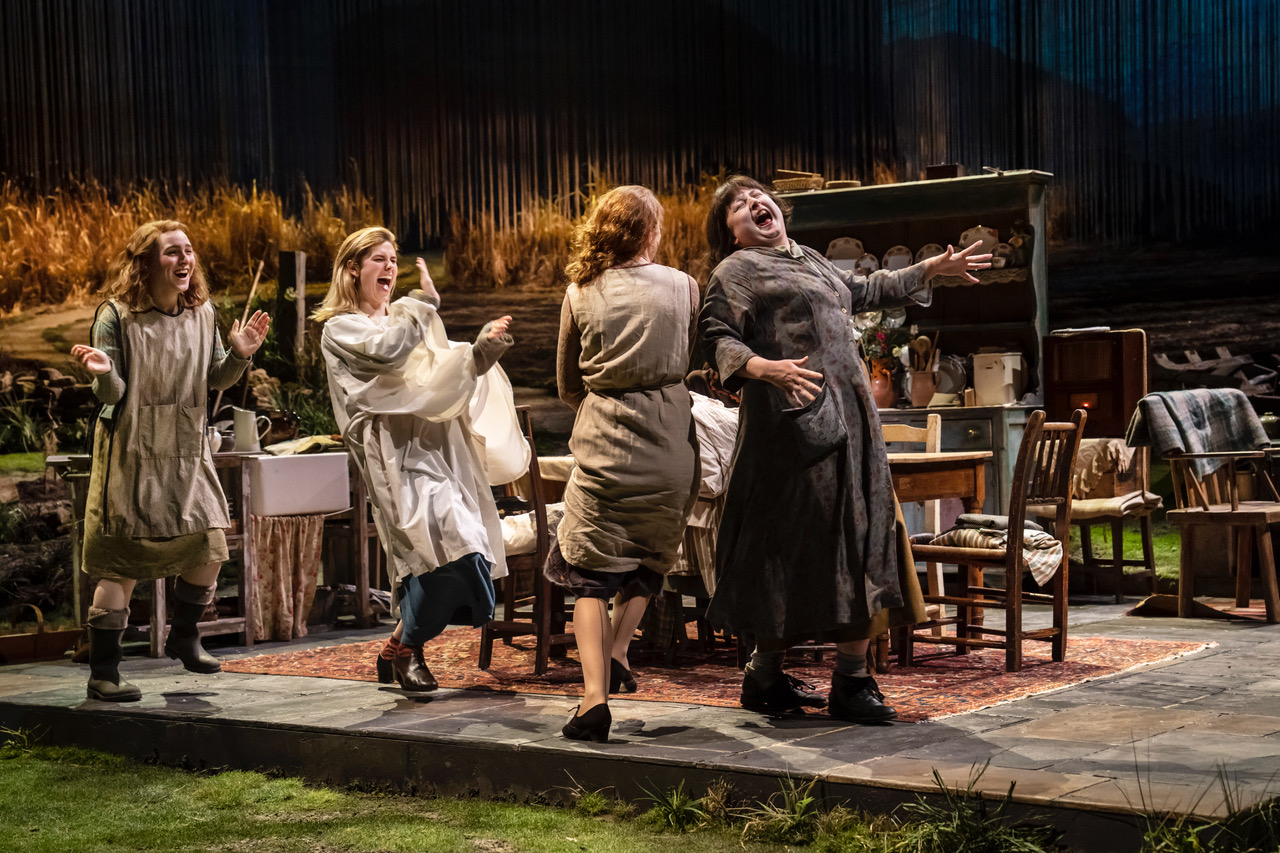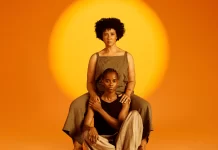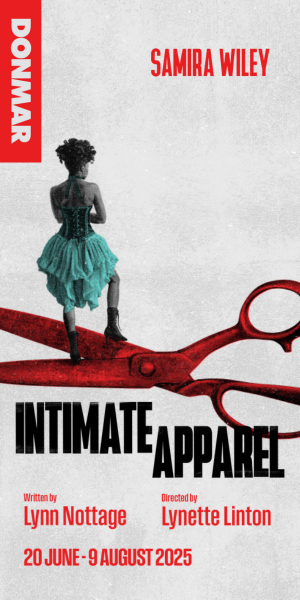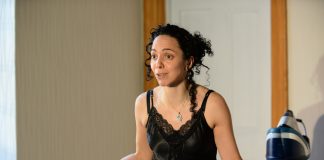
I will start this review with a short disclaimer: this play was one of the best nights of theatre I have experienced in many years, and I would recommend that everybody go and see it.
Now, with that out of the way, normal (reviewing) service shall be resumed.
Brian Friel’s brilliant play is set in a small country community in 1930s Ireland.
It is set around the lives of four adult sisters, as they struggle with their poverty, poor economic opportunities, the depressingly low chance of romantic success, and the accepted misogyny – with which any female found to have transgressed society’s rock-solid rules on propriety – guiding their lives/thoughts/actions.
The tale is told from the perspective of narrator Michael (Tom Vaughan-Lawlor), from his experiences having grown up illegitimate within such a household, at that time.
Lawlor’s expository monologues ground the play with conviction, pathos and passion throughout, and his occasional spoken dialogue within certain scenes – standing in for his unseen 7-year-old self – is a charming and effective set-up.
“I would recommend that everybody go and see it”.
However, the real ‘juice’ in the play is the way that the sisters act, interact, reminisce… and exist on such meagre pickings.
The sisters range from care-worn eldest ‘Kate’ (Justine Mitchell), light entertainer and family ‘problem-solver’ ‘Maggie’ (Siobahn McSweeney), young unwed mother ‘Chris’ (Alison Oliver), learning-impaired ‘Rose’ (Blaithin Mac Gabhann) and disappointed romantic ‘Agnes’ (Louisa Harland).
All five actresses perform brilliantly; each essaying their performances with just the right blend of hope, disaffection, resignation and bravado.
It is, however, McSweeney’s multi-faceted performance as the quick-witted Maggie that (almost) steals the show; providing the emotional and comedic ‘glue’ that binds the clan together – for now, at least.
And this home feels like a family inhabits it – with all the history In a series of beautifully calibrated sequences, each actress gets to reminisce about ‘the one that got away’ (or similar); as each character wields the baton, the other sisters murmur their support/acquiescence, while clearly showing their disquiet and trepidation.
Each sibling has, no doubt, heard every facet of each story countless times, and knows that one false move, word or glance could spell disaster. These wonderfully calibrated exchanges are funny, sad, poignant and incredibly moving, and are a reminder of the power, breadth and scope of ‘family’; indeed, they are the heartbeat of the play.
Directed wonderfully by Josie Rourke, this play is delivered with patience, care and attention
Complicating the sisters’ lives further is the arrival of their older brother ‘Jack’ (Ardall O’Hanlon); who returned home after many years’ service as a missionary in Africa. What makes his stay with them particularly problematic are his potentially fatal illness, his increasingly misfiring cognitive abilities and – worst of all in a conservative Catholic household – his increasing fondness for the non-Christian faiths and beliefs he ‘picked up’ whilst in Africa.
This last issue is the source of much hilarity, as well as being an interesting commentary on the arrogance of organised Western religion. Also making the sisters’ lives more problematic is the sudden arrival of Michael’s absent Welsh father ‘Gerry’ (Tom Riley). He shows himself to be a happy-go-lucky charmer; one who is unreliable in both the romantic and the bread-winning stakes. He promises ‘the earth’, and delivers ‘sod all’ – except easy charm and graceful dance steps. Indeed, this is his way out of everything: to casually sing and dance it off.
The performances are all top-notch – especially McSweeney’s ‘Maggie’ and Vaughan-Lawlor’s ‘Michael’ / narrator – as are the production values. Directed wonderfully by Josie Rourke, this play is delivered with patience, care and attention.
If these sisters are indeed ‘doing it for themselves’, it is clear that they need help; unfortunately, when the only men in their world are incapable of helping themselves, it is clear that things are not going to end well. Oh, but what a journey.


























